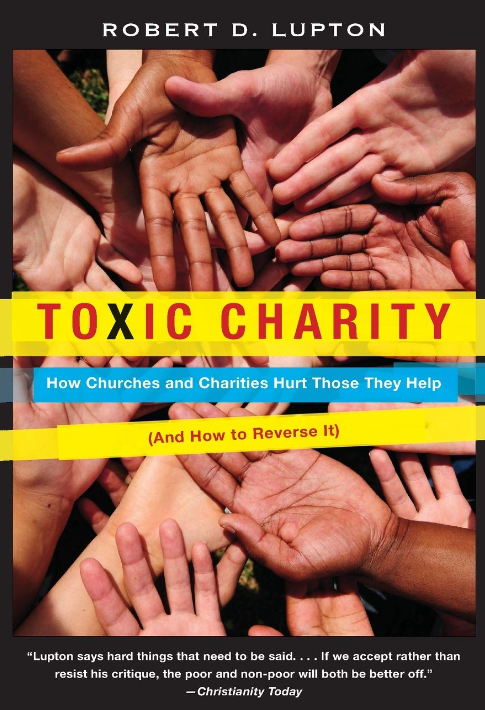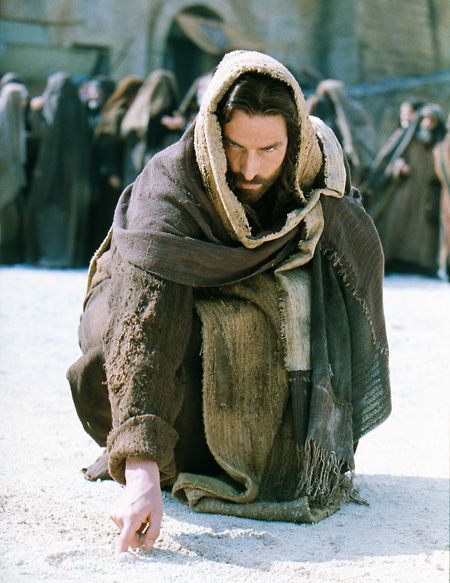
I picked up a book called “Toxic Charity” by Robert D. Lupton, mostly due to the unexpected title of the book. How could charity be toxic?
Very early in the book, he makes the claim that much of the giving’s of the average American giver is either wasted or actually harms the people it is targeted to help.
Ok – if the title to the book didn’t pique my interest, this opening thought certainly did.
What gives? What is the basis of this type of statement? How could the good intentions of a giving society actually harm those they intend to assist?
I have only started the book, and I expect I will provide an additional post as I finish it, but for the time being, there is one excerpt that I want to provide, which is a quote Mr Lupton provides from a french philosopher by the name of Jacques Ellul. He wrote a book many years ago, called Money and Power, in which he wrote
“It is important that giving be truly free. It must never degenerate into charity, in the pejorative sense. Alms giving is Mammon’s perversion of giving. It affirms the superiority of the giver, who thus gains a point on the recipient, binds him, demands gratitude, humiliates him and reduces him to a lower state than he had before.”
This quote struck me for I know that to those I have provided some charity to in the past, many, if not all of those impacts on the giver and the gifted occur. Even as my wife and I had recognized some of these impacts earlier, and sought to “anonymize” a gift through a third person or organization, the effect on the gifted was not removed but simply out of our eye sight. Not a great solution, for even as the giver, I have to admit I felt a certain superiority over those in need, which is simply an admission of my pride.
Notice that the effect on the gifted one, the one who receives the gift, is that it humiliates him, and reduces him to a lower state than before.
Have you paid attention to those who are assisted by a charity or organization? I am thankful for the ones who find a way to escape the need for assistance, but I will confess that in my experience, many who accept help today will most likely need help tomorrow, and then demand help on the third day.
Is this a call to close the billfold and reject showing mercy? Absolutely not, for as I have entered into the second and third chapters of the book, found that the problem is not that money is being offered, but the manner in which it is managed and distributed.
I will close with an oath Mr. Lupton has provided in the book that reflects where his heart is in this difficult topic
The Oath for Compassionate Service
- Never do for the poor what they have (or could have) the capacity to do for themselves
- Limit one-way giving to emergency situations
- Strive to empower he poor through employment, lending, and investing, using grants sparingly to reinforce achievements
- Subordinate self intersts to the needs of those being served.
- Listen closely to those you seek to help, especially to what is not being said – unspoken feelings may contain essential clues to effective service.
- Above all, do no harm
I will continue to read the book, for it is holding my interest. Hopefully I will have the opportunity to provide a second post when I have finished reading it. Until then, let me know your thoughts on giving, and how you see this type of thinking.
Follow Considering the Bible on WordPress.com
Thanks again for coming to visit. I hope you found something of interest in this post and would appreciate a comment, to begin a discussion.


5 responses to “Book Look – Toxic Charity”
LikeLike
LikeLike
LikeLike
LikeLike
LikeLike